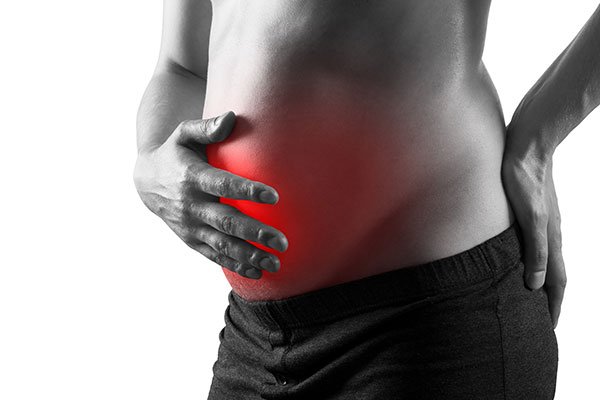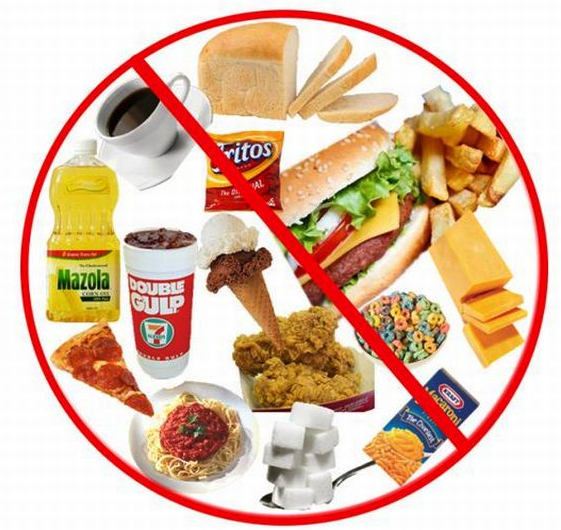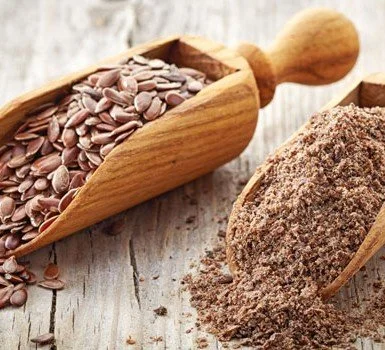Irritable Bowel Syndrome
In Vitalis Health I see many people suffering from some form of IBS, it is more common than we realise. In today’s society, even though we are better off in many ways than previous generations, we are all operating in increased high stress environments. Over the last decades we have been eating more processed food and have been skipping meals, drinking more caffeine etc. All of this exacerbates IBS. In this blog I will look at the classic symptoms of IBS as well as look at how to prevent and manage it.
What is IBS?
Irritable bowel syndrome (IBS) is a common condition that affects the digestive system. It's usually a lifelong problem. It can be very frustrating to live with and can have a big impact on your everyday life.
There's no cure, but diet changes, stress management and medicines can often help control the symptoms. Some people learn to manage their IBS well but it may be helpful to talk to your GP, a dietitian or specialist for advice and support.
Symptoms
The following symptoms come and go over time. Symptoms can last for a few days, but can also continue for weeks or months at a time.
stomach pain or cramps – usually worse after eating and better after doing a poo
bloating – your tummy may feel uncomfortably full and swollen
diarrhoea – you may have watery poo and sometimes need to poo suddenly
constipation – you may strain when pooing and feel like you cannot empty your bowels fully.
IBS can also cause:
flatulence /wind
tiredness and a lack of energy
feeling sick (nausea)
backache
problems peeing, like needing to pee often, sudden urges to pee, and feeling like you cannot fully empty your bladder
not always being able to control when you poo, incontinence.
What causes IBS? What exacerbates it and causes flare ups?
The exact cause is unknown – it's been linked to things like food passing through your gut too quickly or too slowly and oversensitive nerves in your gut.
Certain foods can cause a reaction in the gut in individuals.
Stress exacerbates IBS.
Is it genetic?
Yes. If you are suffering from IBS you may discover that others in your family suffer from it too or that a grandparent had bowel issues.
How can IBS be treated?
It is important to note that, while there are consistent things that are effective, everyone’s body is slightly different so management of IBS is going to be slightly different for each person.
Many people find ways to manage their IBS. Usually this involves keeping an eye on their diet and routine, making sure they avoid stress if possible and exercising. A helpful thing to do is to keep a diary of what you eat and any symptoms you get to map out what in particular triggers your IBS.
Here are some tips on managing IBS:
If you possibly can then cook homemade meals using fresh ingredients.
Eat at regular times. Do not delay or skip meals.
Drink lots of water.
Avoid stress, make sure relaxation is part of your daily and weekly routines.
Exercise!
Try probiotics for a month to see if they help.
Things you need to be careful of:
do not eat too quickly
do not eat lots of fatty, spicy or processed foods
do not eat more than 3 portions of fresh fruit a day (a portion is 80g)
do not drink more than 3 cups of tea or coffee a day
do not drink lots of alcohol or fizzy drinks
Food:
oats (such as porridge) and linseed eaten daily can help ease bloating, cramps and farting.
To relieve constipation you can increase how much soluble fibre you eat – oats, pulses, carrots, peeled potatoes and linseeds (whole or ground).
To relieve diahorrea then decrease high-fibre foods like wholegrain foods (such as brown bread and brown rice), nuts and seeds.
To help ‘wind’ bloating, cramps and farting then avoid foods that are hard to digest eg. cabbage, broccoli, cauliflower, brussels sprouts, beans, onions and dried fruit.
avoid products containing a sweetener called sorbitol
Medication
Some people may be advised by their GP to take medication:
Medicines, like Buscopan or peppermint oil can help bloating.
Imodium (loperamide) can help reduce diarrhoea.
For constipation there are laxatives available, like Fybogel or Movicol.\
If you are suffering from IBS then please feel free to book an appointment with one of our doctors , Siobhan Graham or Tim Russell, or our health clinician Tina. Our team are highly experienced clinicians and doctors and have the time and space to really get to the bottom of your health problems in a holistic way. Vitalis Health is located right in the heart of Belfast City Centre which is convenient for anyone arriving by public transport into the Europa bus station and is also near the main bus routes in the city. We offer private GP appointments, blood tests, wellness checks and a range of specialised clinics.








